Lysosomal Pathways of Protein Degradation
Lysosomal Pathways of Protein Degradation looks at cell biology from the view of a lysosome. It summarizes the composition and assembly of lysosomes in mammalian and yeast cells. It also reviews current knowledge about pathways of endocytosis and secretion and how both endocytosed and secreted proteins can be delivered to lysosomes for degradation. In addition, both vesicular and nonvesicular pathways are described for the uptake of cytoplasm and cytosolic proteins by lysosomes. Such pathways include macroautophagy, microautophagy and a direct protein import pathway. Each section contains simple black-and-white figures and tables to illustrate major points. Each section also contains methods used to study segment and ends with future directions of research likely to occur in that particular field. Conditions and molecules that regulate the different pathways of lysosomal proteolysis are also described. The book is written by a single author which lends a uniform style to a volume covering many rapidly-expanding areas of cell biology. A wide variety of readers will benefit from reading this book. Undergraduate and graduate students will find more detailed information about lysosomes than is available in any cell biology textbook. Throughout the book, the aim is to simplify concepts and to unify nomenclature. Even lysosome experts will appreciate the tables and clear definition of terms such as lysosome, autophagic vacuole, and autophagosome. Faculty and researchers that know the basics about lysosomes will find that much has changed in our understanding of these dynamic organelles. Scientists in Biotechnology and Pharmaceutical companies will have a new appreciation of lysosomes after reading this book. The information here could be used to increase the yield of a secreted protein produced by mammalian cells and to target peptide-based drugs to lysosomes for their timed destruction after working in the cytosol.
{{comment.content}}
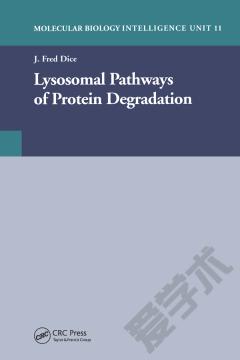
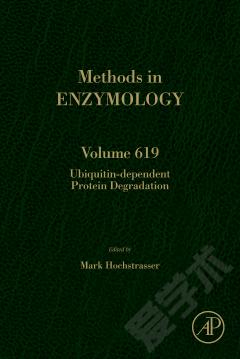


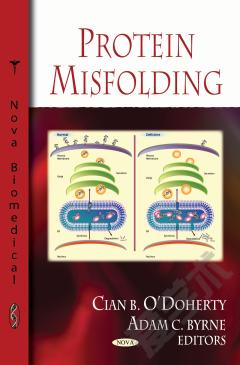
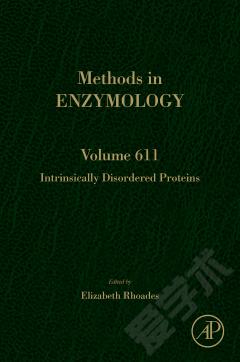
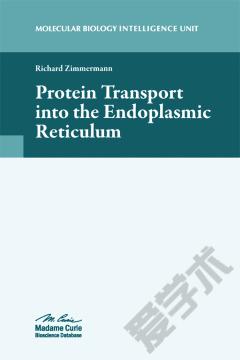

 京公网安备 11010802027623号
京公网安备 11010802027623号